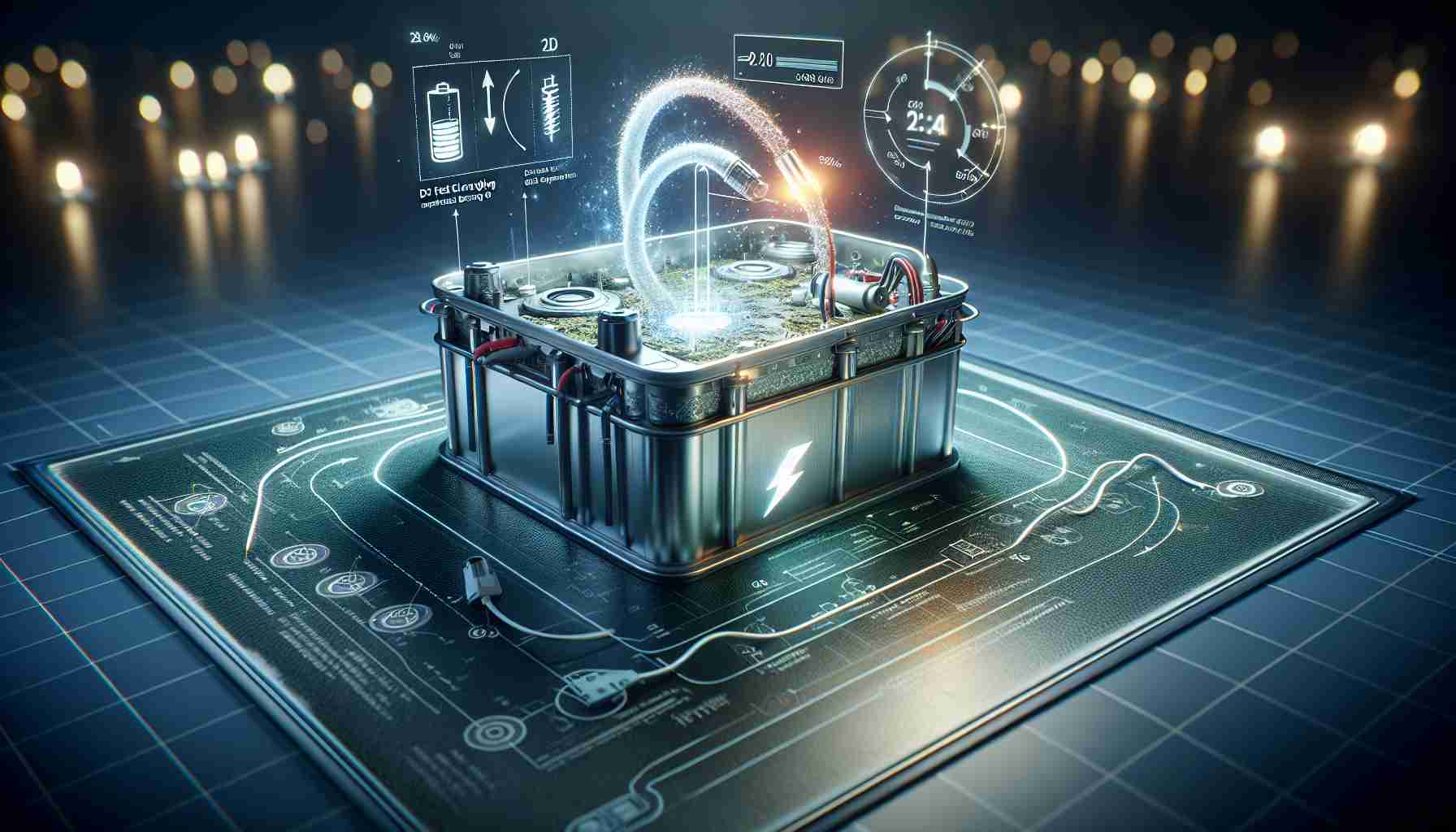Challenging the Common Misconceptions of Charging Methods
While popular advice often emphasizes charging electric vehicle (EV) batteries to only 80%, the idea of frequent DC fast charging leading to battery degradation has also gained traction. Range anxiety further compounds the issue, creating hesitations around the efficiency and lifespan of EV batteries when utilizing fast charging methods. The concern stems from the belief that rapid charging, such as DC fast charging, generates excessive heat, potentially accelerating battery wear.
Demystifying the Relationship Between Charging Speed and Battery Health
Contrary to widespread assumptions, recent studies suggest that the impact of DC fast charging on battery longevity may not be as severe as initially feared. With advancements in EV technology and intelligent charging systems, the once-perceived risks of fast charging are being reevaluated. While fast charging stresses the battery and can expedite certain degradation mechanisms, the overall effect on battery performance appears to be less significant than previously assumed.
Embracing Evolving Battery Management Strategies
As the automotive industry progresses and electric vehicles become more prevalent, manufacturers are implementing sophisticated battery management systems to mitigate potential damage from rapid charging. These systems aim to regulate charging speeds, monitor temperature fluctuations, and optimize overall battery health. While uncertainties remain regarding the long-term impact of DC fast charging, proactive measures such as maintaining moderate charging speeds and avoiding extreme temperature conditions can contribute to prolonging battery life.
Navigating Battery Preservation Strategies for EV Owners
In light of evolving research and technological advancements, considerations for preserving EV batteries extend beyond conventional charging practices. While the debate surrounding DC fast charging continues, prioritizing optimal charging speed, monitoring state of charge, and managing temperature conditions remain pivotal factors in sustaining battery health. As the EV landscape evolves, a balanced approach to battery management will be essential for maximizing the longevity and efficiency of electric vehicles.
Unveiling Further Insights into DC Fast Charging and Electric Vehicle Batteries
When delving deeper into the impact of DC fast charging on electric vehicle (EV) batteries, certain key questions emerge that are critical for EV owners and enthusiasts alike.
What are the Most Important Questions?
One significant question is whether the charging infrastructure is equipped to handle the increasing demand for fast charging as more EVs hit the roads. Additionally, how do different EV models respond to DC fast charging, and what factors contribute to variations in battery degradation?
Key Challenges and Controversies:
One of the central challenges is ensuring standardized protocols and regulations for fast charging across the industry to avoid potential discrepancies in charging practices. Another controversy revolves around the balance between the convenience of fast charging and its long-term effects on battery health.
Advantages and Disadvantages:
The advantages of DC fast charging include significantly reduced charging times, enabling EV owners to cover more distance with shorter stops. However, the rapid influx of energy during fast charging can lead to increased heat generation, potentially impacting battery longevity over time.
Exploring Uncovered Facts:
Studies have shown that the relationship between DC fast charging and battery health is more nuanced than previously thought. While fast charging does generate heat and stress the battery, advancements in battery management systems are helping to minimize these effects. Moreover, newer EV models are built to withstand the demands of fast charging better than their predecessors.
To gain deeper insights and stay updated on the latest developments in EV technology and battery management, visit Electric Drive. By staying informed, EV owners can make informed decisions to optimize the performance and longevity of their electric vehicles.













